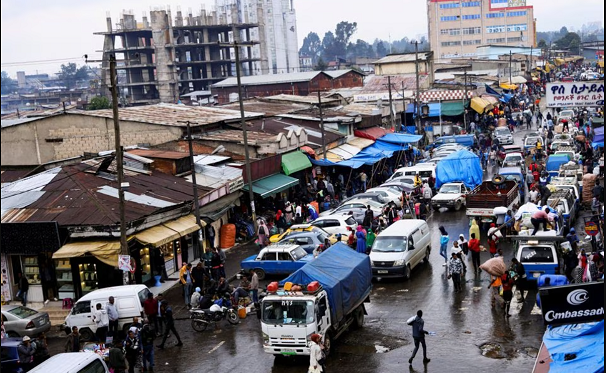After getting debt relief from China, Ethiopia is requesting similar treatment from other creditors, the International Monetary Fund’s deputy director for Africa said on Friday.
In early 2021, Africa’s second-most populous country requested a debt rework under the Group of 20’s Common Framework, an initiative for restructuring government debt aimed at low-income countries, and has also been seeking an IMF loan.
Progress was complicated by a two-year civil war that broke out in November 2020, leading to the deaths of thousands of people and displacing millions more.
Ethiopian authorities said in August that China was allowing Ethiopia to suspend debt payments for the fiscal year running until July 7, 2024.
“The Chinese authorities have already provided debt relief to Ethiopia and we understand that they’re in the process of requesting a similar treatment from other creditors. So this is very encouraging,” Annalisa Fedelino said in comments to reporters at the IMF’s annual meetings in Marrakech, Morocco.
“There is a debt service suspension with China, which is providing substantial relief,” she said, adding that this was the agreement announced in August.
Fedelino added that the IMF was “almost there” on a loan programme agreement with Ethiopia and that once that was in place the Fund was confident that a Common Framework debt rework would move quickly.
“Policy discussions will continue and most likely we will need another mission, … we hope to have it in the next few weeks,” she said.
A visit by IMF staff to Ethiopia from September 25 to October 3 ended without a loan agreement.
Ethiopia’s external debt totalled $28.2 billion at the end of March, according to government data.
It includes a $1 billion international bond maturing in December 2024 . Between 2006 and 2022, Chinese lenders committed to more than $14 billion of loans to the landlocked country, according to Boston University.
“The authorities have expressed a view that they want to move to a market-determined exchange rate and this is a very ambitious reform that we would require,” Fedelino said.
Ethiopia regularly suffers from foreign exchange shortages and a wide gap between the official and black market currency exchange rates.
On the black market, $1 currently buys around 100 birr, compared to 55.35 birr at the official exchange rate, which is controlled by authorities.






